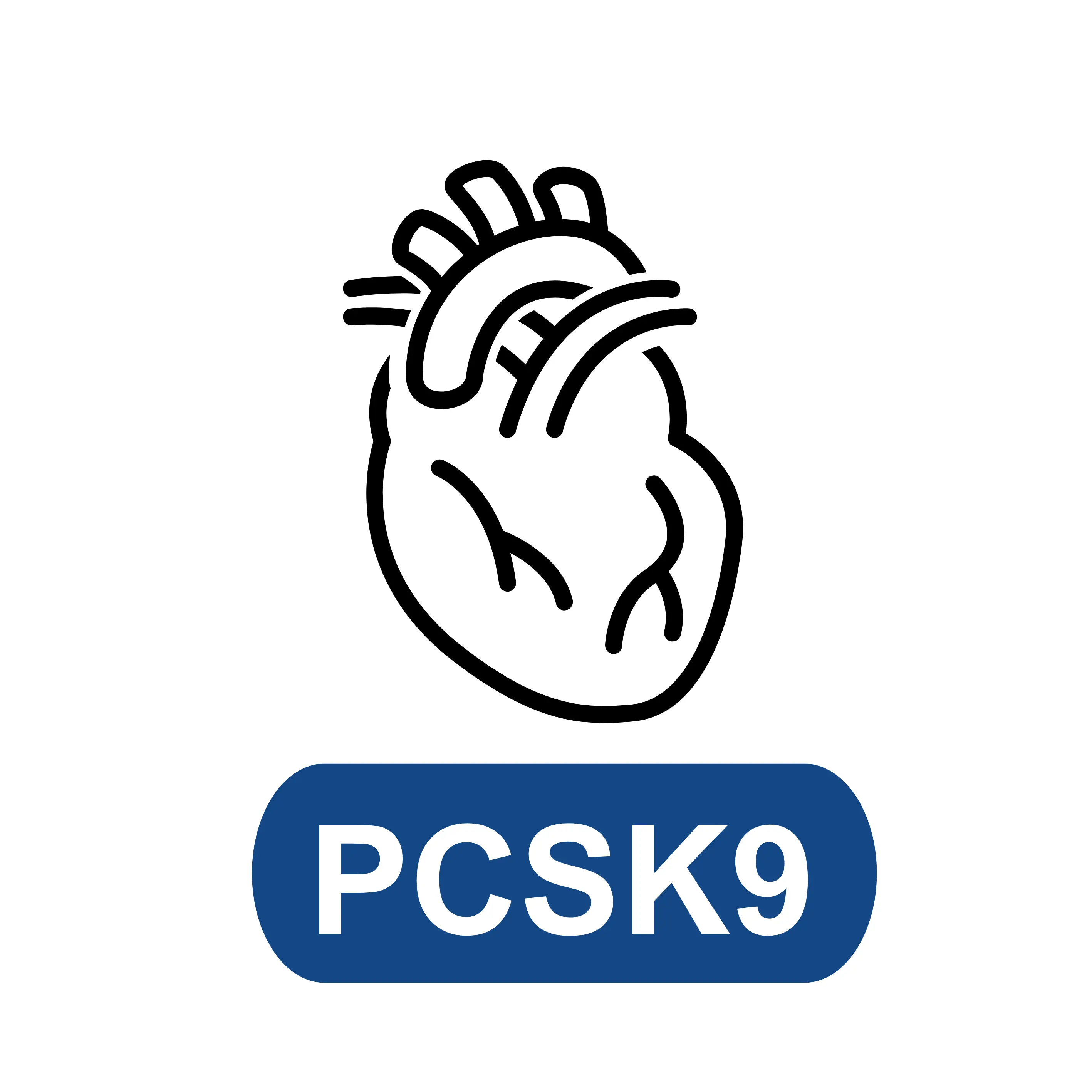What Are Cardiac Markers?
With the deepening of scientific research and the advancement of technical methods, cardiac markers have undergone more than 60 years of development, from the earliest glutamate transferase to the current troponin and N-terminal brain natriuretic peptide precursor, forming a complete and mature testing system.
1. What are cardiac markers in blood tests?
The first thing to understand is what are cardiac markers. Cardiac markers are biochemical indicators that reflect heart disease and are helpful for the early diagnosis, clinical analysis, and prognosis evaluation of myocardial injury, especially acute myocardial infarction in coronary heart disease.
Cardiac diseases mainly include myocardial disease, heart valve disease, pericardial disease, coronary artery disease and other cardiovascular diseases, arrhythmia, heart failure, etc.
In addition to the medical history, symptoms, and signs, the diagnosis of heart disease requires the support of auxiliary examinations, such as electrocardiogram, laboratory tests, echocardiography, chest X-ray, CT, and other means.
2. The normal range of cardiac markers
The normal ranges of the three myocardial markers are different for different medical institutions and testing methods. In most hospitals, troponin <0.02ng/mL, myoglobin <70ng/mL, and creatine kinase isoenzyme <25U/mL in the three myocardial infarction items in most hospitals. L. However, when it comes to individual test results, there is a normal range on the test sheet, because different machines, reagents, and detection methods will be different. It cannot be simply compared directly. You should refer to the normal range of the specific test sheet.
The three indicators of myocardial markers are mainly used to identify whether there is myocardial infarction, myocarditis, and myocardial injury. The time difference between the rise and fall of the indicators in the blood, helps to judge the onset time of myocardial infarction. For example, 30 minutes after myocardial infarction, myoglobin can be detected in the blood, and creatine kinase isoenzyme and troponin can be detected 3-6 hours later.
3. Time of cardiac markers
Time of markers for myocardial infarction: Serum troponin starts to increase 3 to 4 hours after acute myocardial infarction, reaches a peak in 2 to 5 days, and lasts for 10 to 14 days. Other cardiac markers include creatine kinase and its isoenzymes, aspartate aminotransferase, lactate dehydrogenase, and its isoenzymes. Creatine phosphokinase isoenzyme and creatine phosphokinase increased within 4 to 6 hours after the onset, peaked at 16 to 24 hours, and returned to normal within 3 to 4 days. Myoglobin increased 2 hours after onset, peaked at 12 hours, and returned to normal at 24 hours.
Related Immunoassays
- Cardiac Markers
-
Tumor Marker
-
PGII
-
G17
- CA50
-
CA125
- CA242
-
CA15-3
- CA19-9
- CA72-4
-
Pepsinogens I (PGI)
-
Human Epididymis 4 (HE4)
- Prostate-Specific Antigen (PSA)
- Squamous Cell Carcinoma (SCC)
- Neuron-Specific Enolase (NSE)
- Cytokeratin 19 Fragment (CYFRA21-1)
- Human Progastrin-releasing Peptide (ProGRP Tumor Marker)
- Protein Induced by Vitamin K Absence or Antagonist-II (PIVKA II Tumor Marker)
- Alpha-fetoprotein(AFP)
-
CEA
-
Human Chitinase 3-like 1
-
PGII
- Inflammatory Marker
- Infectious Disease
- Hormones
- Thyroid Function
- Glucose Metabolism
- Bone Marker
- Others
-
Heterophilic Blocking Reagent
- Animal Diagnostics

















